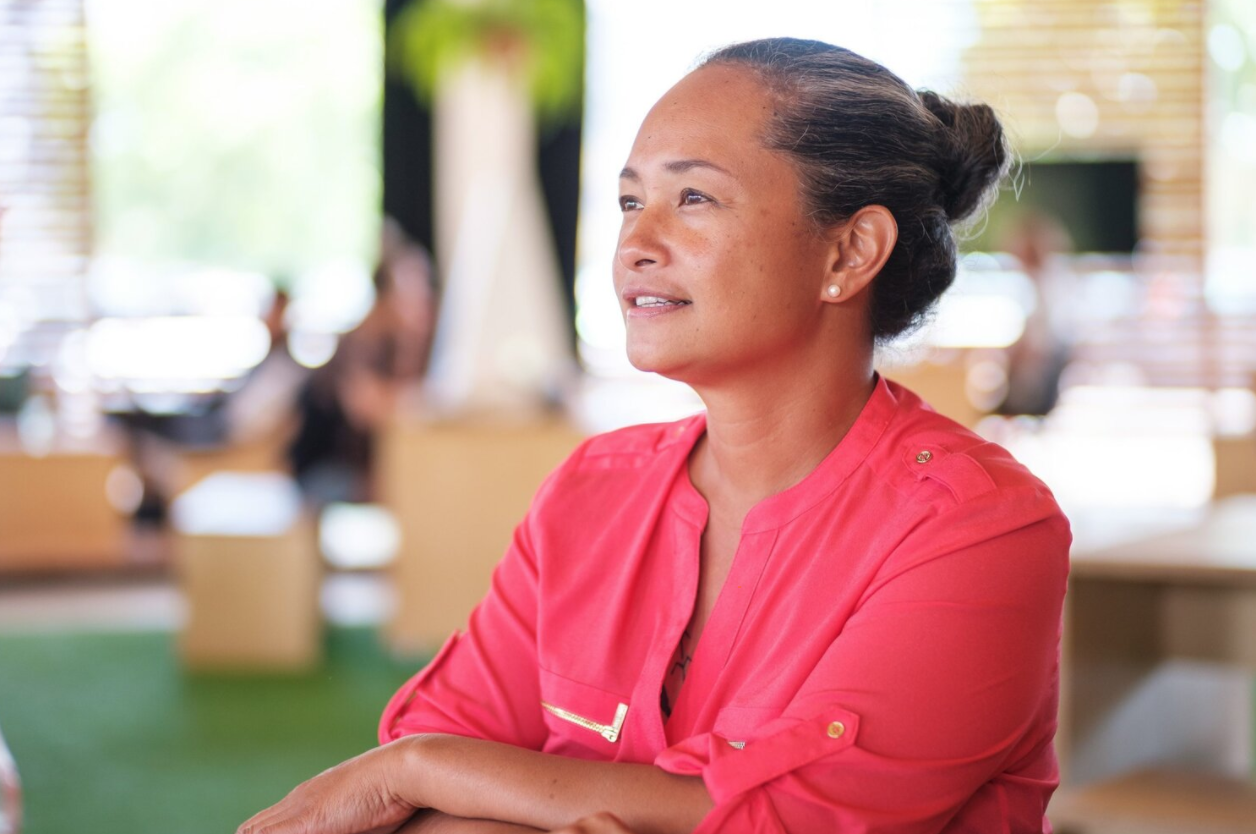Kahi Pacarro
School: Punahou School
Career: Co-Founder of Sustainable Coastlines Hawaii
When Kahi Pacarro sets out to do something, he doesn’t stop until he accomplishes the mission. After graduating with a finance degree, Kahi spent two years teaching snowboarding. He later dove into real estate development, helping to sell one of the biggest condominiums in Hawaiʻi.
But at the top of his real estate career, he decided to pack his bags and travel the world. The next two years were an awakening for Kahi as he got a firsthand glimpse into the world’s pollution. He witnessed some of the best surf spots in the world, trashed with micro-plastics. He asked himself, “What was stopping Hawaiʻi from becoming the next victim of ocean pollution?”
So with the help of his friends, Kahi decided to start Sustainable Coastlines Hawaii, a nonprofit dedicated to inspiring communities to care for their coastlines.
Q + A with Kahi Pacarro
+ How would you describe yourself in high school?
I liked to have fun, played a lot of sports, loved girls. I was the stereotypical teenager with a lot of hormones. I’ve changed a lot. I was kind of a punk. I can fess up to that.
+ How does someone decide that a certain opportunity is the one to grab?
There are opportunities that are always in front of you and it’s a matter of knowing if you should jump on that one, if you should jump on another one or if you should pass until another opportunity comes up. You have to make a decision and go for it. You might fail, but you’ve got to take some risks and grab opportunities when you have the instinct that says “do it.”
+ What are three tips that people can do on a daily basis that can help change the environment for the better?
The biggest one really is to stop using single use plastics. That’s a real easy one.
The second one is stop drinking bottled water, especially in Hawaii. We have the cleanest drinking water in the United States, yet people are drinking millions of bottled water daily. It’s just not sustainable. Also, to recognize that you have tremendous power in how you spend your money. We live in a capitalistic society that’s controlled by supply and demand. If we’re not demanding, supply goes down, and we end up in a society that is sustainable. It will thrive, because we’re not draining its natural resources.
Third - trying to go clean up the oceans is like trying to go bail out a bathtub with the tap still running. It doesn’t solve the true underlying problem of the tap. For us, the tap is over consumption of plastics. Forty percent of all plastic is in totally useless packaging. What I would love to see is people focusing on stopping the tap: using less and realizing that we can’t only just go and clean up this trash.
Yes, what we do at Sustainable Coastlines is really large scale cleanups, but it’s more than a cleanup. It’s an experience that awakens the participants to what we’re finding - and that’s our stuff. We can’t just go clean up the oceans without stopping the tap.







